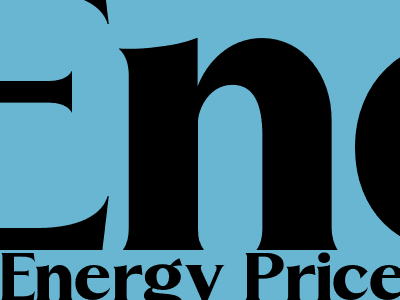
## Energy Price Cap: A Detailed Explanation ### What is an Energy Price Cap? An energy price cap is a government-imposed limit on the maximum price that energy suppliers can charge their customers. It is designed to protect consumers from excessive energy prices and ensure that they pay a fair price for their energy. Energy price caps are typically set by independent regulators, such as the Ofgem in the United Kingdom. ### How Does an Energy Price Cap Work? Energy price caps work by setting a maximum price for each unit of energy consumed. This price is typically set based on a number of factors, including the cost of fuel, the cost of transportation, and the cost of distribution. Suppliers are not allowed to charge more than the price cap, even if their own costs are higher. ### Benefits of an Energy Price Cap There are a number of benefits to having an energy price cap. First, it can help to protect consumers from excessive energy prices. This is especially important for low-income households, who are more likely to be vulnerable to energy poverty. Second, an energy price cap can help to promote competition in the energy market. By preventing suppliers from charging excessive prices, an energy price cap can make it easier for new suppliers to enter the market and offer competitive prices. Third, an energy price cap can help to reduce the cost of living. By lowering energy prices, an energy price cap can free up money for consumers to spend on other necessities. ### Drawbacks of an Energy Price Cap There are also a number of drawbacks to having an energy price cap. First, it can lead to lower investment in the energy sector. This is because suppliers may be less willing to invest in new energy infrastructure if they know that they will not be able to charge higher prices to recover their costs. Second, an energy price cap can lead to shortages of energy. This is because suppliers may be less willing to generate and supply energy if they know that they will not be able to charge a price that covers their costs. Third, an energy price cap can lead to higher energy prices for businesses. This is because businesses are not eligible for the same price protections as consumers. ### Conclusion Energy price caps are a complex issue with both benefits and drawbacks. It is important to weigh the benefits and drawbacks carefully before deciding whether or not to support an energy price cap.